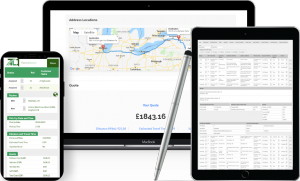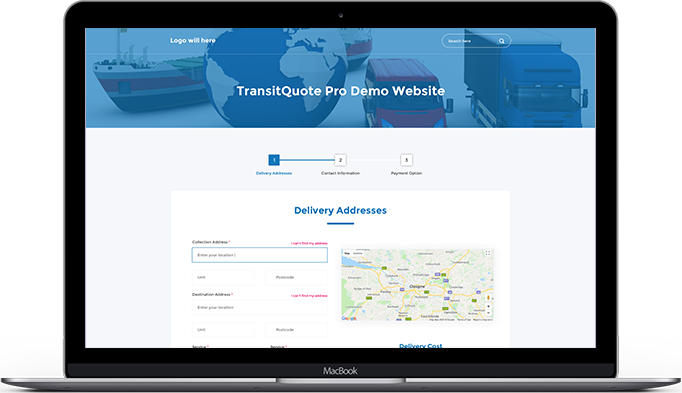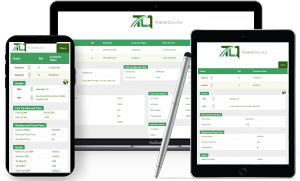
Artificial Intelligence (AI) has already shown its potential to transform various industries, and logistics and transportation are no exception.
With the exponential growth of e-commerce and the increasing need for faster and more efficient delivery, the industry is ripe for disruption.
The integration of AI into logistics and transportation can improve operational efficiency, reduce costs, enhance safety, and create a better customer experience. In this article, we will explore the impact of AI on logistics and transportation.
Supply Chain Optimization
One of the key advantages of AI in logistics is its ability to optimize the supply chain. AI algorithms can be used to analyze large amounts of data from multiple sources, such as weather reports, traffic patterns, and delivery schedules, to make real-time decisions. This enables logistics companies to improve their planning, scheduling, and route optimization, leading to faster delivery times and reduced costs.
Predictive Maintenance
AI can also be used to monitor the condition of vehicles and equipment used in logistics, such as trucks, forklifts, and conveyor belts. By analyzing data on the performance of these assets, AI algorithms can predict when maintenance is required, reducing downtime and increasing overall efficiency.
Better Customer Experience
AI can help logistics and transportation companies to deliver a better customer experience by providing real-time updates on delivery times, improving communication, and enhancing the overall delivery process.
Chatbots and virtual assistants powered by AI can also provide personalized support to customers, improving their satisfaction and loyalty.
Maintenance
AI can also be used to predict when maintenance is required for vehicles and equipment, reducing downtime and increasing efficiency. By analyzing data on the performance of assets, AI algorithms can predict when maintenance is required, reducing the risk of equipment failure and ensuring that vehicles are always in optimal condition.
Enhanced Safety
AI can improve safety in logistics and transportation by predicting potential accidents and identifying risks in real-time. For example, autonomous vehicles powered by AI can detect and respond to obstacles on the road, reducing the risk of accidents. AI can also monitor driver behavior to identify and correct dangerous driving habits.
AI has the potential to transform the logistics and transportation industry in numerous ways. From enhanced efficiency in route optimization to improved customer experience, AI algorithms can help companies reduce costs, increase efficiency, and improve overall performance. As AI technology continues to develop, we can expect to see further advancements in logistics and transportation, leading to a more sustainable and efficient industry.
Over the past few months the TransitQuote development team has been working on integrating AI into our products. Follow our blog to hear about the different ways AI can help you set up and maintain your online operations.



